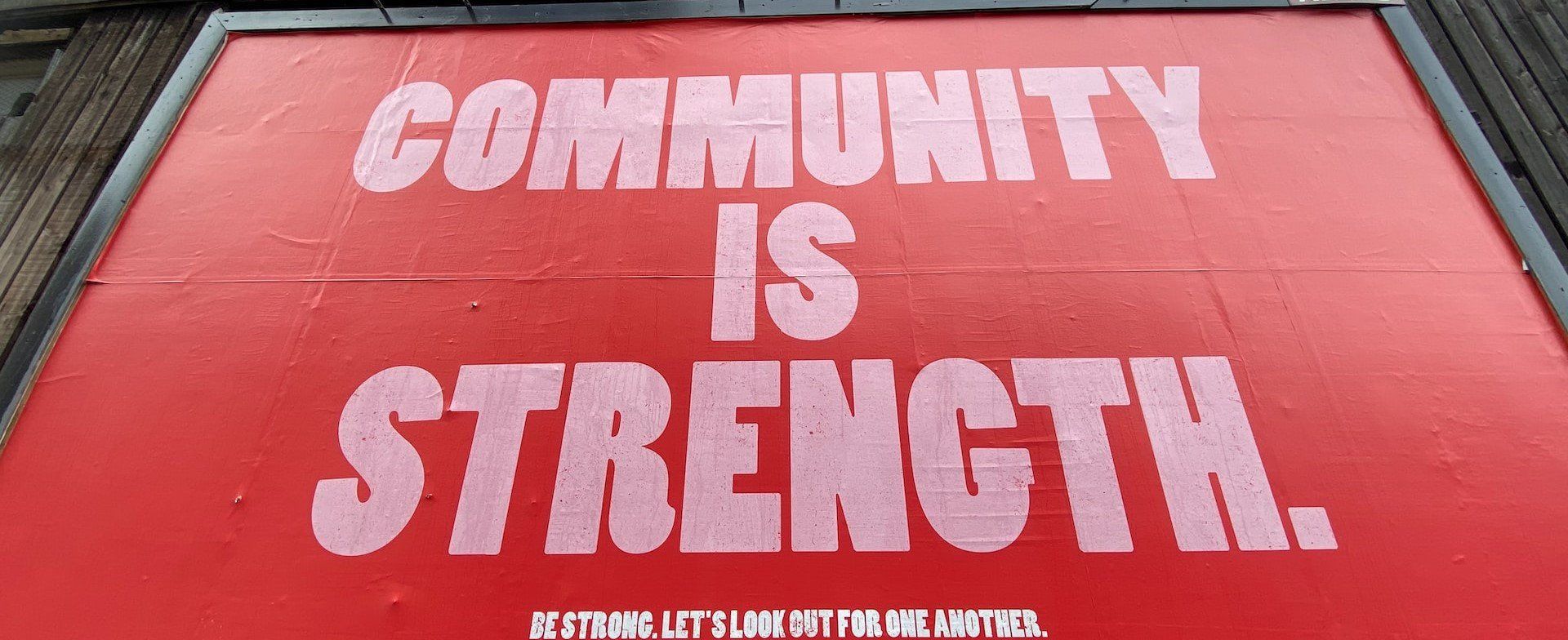Learn more about my book "The Courageous Ask"
The One Board Responsibility Rarely Listed
Almost all nonprofit leadership falls find a personal issue at their core. I only use the word almost because there has to be one out there, even though I cannot think of any.
I’m not talking about the fall that occurs when a leader makes a poor organizational decision or the organization decides to go in a different direction.
I’m talking about the ugly fall that affects the nonprofit in a way that taps into the emotions of the leader, the board, the donors, and those around the organization. The falls I am describing come with labels like money mismanagement, moral failure, arrogance, staff mistreatment. Yuck.
While the cause of leadership falls almost always are at the feet of the leader, they always end up in the board's lap.
(This blog focuses on starting a conversation centered on preventing the fall of nonprofit leaders. I write it from a Christian perspective, but all leaders will benefit. Be sure to sign up to receive these articles via email every Tuesday at
briankreeger.com as well as taking a look at previous blog articles. In addition to receiving these articles two days before they hit social media, you will receive the article "5 Early Indicators of a Christian Nonprofit Leadership Fall" along with the Contents, Introduction and the Appendix (My story) of my book,
The Courageous Ask: A Proactive Approach to Prevent the Fall of Christian Nonprofit Leaders.)
It takes just a quick internet search
to find many lists of board responsibilities that include items like determining mission and vision, financial oversight, hiring of the executive, strategic planning, maintaining legal and ethical standards, etc.
In nearly every list of board responsibilities, I find nothing about the monitoring of the personal life of nonprofit executives. But yet this is where most falls occur.
I found Boardsource comes the closest to what I am talking about when they say, “The board should ensure that the chief executive has the moral and professional support they need to further the goals of the organization.”1
It is easy to list “accountability of the executive” or “executive evaluation” on a list of board responsibilities. It is even easier to follow with a list of particular points of accountability and parameters for their performance.
For board members, it gets harder when they have to evaluate the executive on performance goals that are not tangible or numbers oriented.
It’s pretty easy to analyze data points and financial goals. Most of these are simply black and white, success or failure. Holding a leader accountable to a set of key performance indicators is so much easier than getting down in the muck of their personal life.
But most of the time the muck is where leadership falls find their origin. And again, the issues ultimately end up in the lap of the board. This is where it gets sticky and uncomfortable for board members.
Some would say that a board should not take the personal life of an executive into consideration when measuring the effectiveness of that leader while evaluating their performance.
But the personal life of an executive is going to affect their performance.
Who a person is—the way they were brought up, their education, their faith life, their life experiences, etc.—forms the foundation of that leader and made them who you chose to lead your organization. That is very personal.
Allow me to put it another way….
The reason a board chooses a particular executive cannot just be found on the sheets of paper we call a résumé. If that were true, there would be no reason for interviews.
When a board conducts interviews, they are looking for character and personality. They are looking for indicators of proper application of the skills they found in the résumé. They are searching to see if this person can create or maintain the desired culture, and so on. These are mostly intangible and without measurable performance indicators.
This begs the question: If we are hiring someone based on their professional capabilities as well as their personal traits that will help drive the organization forward in a way we desire, why are we not nurturing and monitoring that humanness beyond the interview? It’s hard. It’s sticky.
Yet, it has to be done, or we risk the organization’s well-being.
Board members have to ask themselves if they have the courage to do the uncomfortable: to consciously, purposefully engage the leader in an effort to protect them from being in a position, no matter how they got there, that jeopardizes the organization. To value the leader as a human being, allow them to be vulnerable and even fallible. To dig deep with them, and help protect them from attacks, even attacks the leader seemingly initiates.
As I have reviewed
in previous articles, the costs to a board are quite high when they are not being proactive in helping to protect an executive from the temptations that may leave that leader as a shell of themselves.
Hopefully, those who take a hard-line approach and desire to stick with the tangible parameters of accountability are now seeing what I see, and many have experienced: without a conscious effort by the accountability structure to care for the leader in a responsible but personally compassionate way, the personal issues that are harbored by many executives will end up in the lap of the board.
It’s really hard to be critical of boards with this kind of thing because this is just how it has always been done in the nonprofit world.
But a fundamental change must take place.
I’ll end with this question….
What hurts a nonprofit organization more: missing the year-end budget by 20 percent or the organization experiencing the ugly public fall of their executive? Should be an easy answer.
If you are not already, it is time to incorporate that easy answer into the way you run your organization.
Be Courageous.
Be Proactive.
1Boardsource, “Board Responsibilities and Structures,” https://boardsource.org/resources/board-responsibilities-structures-faqs/
Be sure to sign up to receive these articles via email every Tuesday at
briankreeger.com. In addition to receiving these articles two days before they hit social media, you will receive the article "5 Early Indicators of a Christian Nonprofit Leadership Fall" along with the Contents, Introduction and the Appendix (My Story) of my book,
The Courageous Ask: A Proactive Approach to Prevent the Fall of Christian Nonprofit Leaders.
#Leadership Fall #Leadership Survival #Nonprofit Relationships #Proactive Approach #Leadership Struggles #Leadership Battles #Christian Executive Leader #Christian Leader #Courageous Ask #Proactive #Proactive Leadership #Nonprofit Leadership #Resume #Board Responsibilities #Board of Directors #Nonprofit Board






